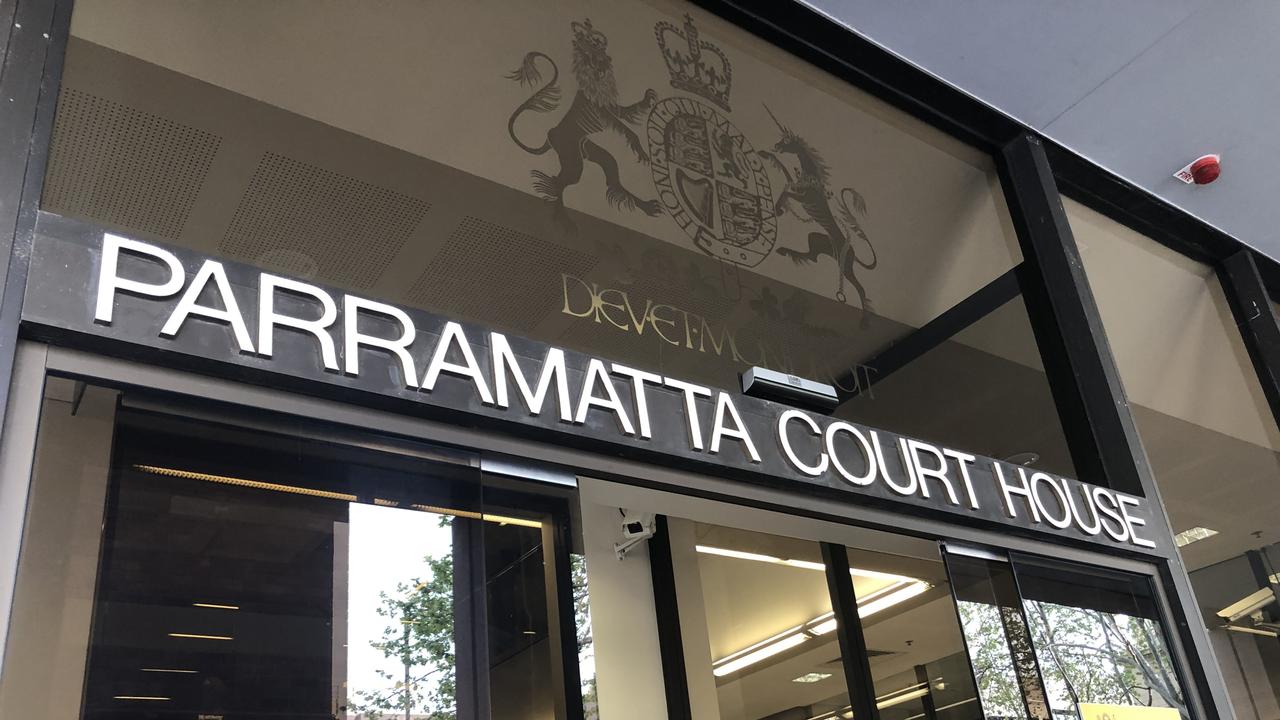Nowroz Amin has turned back on extremism: court hears
He pleaded guilty to plotting a terror attack but “lost soul” Nowroz Amin has now turned his back on extremism, a court has heard.

Police & Courts
Don't miss out on the headlines from Police & Courts. Followed categories will be added to My News.
“A lost soul”, who was radicalised in the wake of September 11, has renounced the extremist Islamic ideology after he was caught plotting terror attacks, a court has heard.
Nowroz Amin pleaded guilty to preparing for a terrorist act after he was intercepted at Sydney Airport on his way to Bangladesh - his parents‘ homeland.
Amin had spent the previous year bonding with a relative in the South Asian nation about their radical beliefs following crackdowns on conservative Muslims by the Bangladeshi army.
But Amin‘s journey to extremism had begun decades earlier as two planes smashed into the New York City skyline under the direction of Osama bin Laden.
The war on terror left many Muslims feeling like outsiders in their own countries and the devout youngster Amin was no exception, he told the court this week.
“He became something of a lost soul,“ his barrister Garry Jauncey told the NSW Supreme Court on Tuesday.
“He lost his faith, which became of less importance though he still went to the mosque.”

Amin‘s adolescence was described as “hedonistic” by prosecutors and ”just being a teenager” by Justice Peter Garling but he soon re-entered the faith, the court heard, through a community group in South West Sydney.
But the amateur boxer ended up returning to Islam “at a time when he perceived his religion was being persecuted” in Australia and he found himself around other young men who encouraged that grievance.
By the time of his arrest fighting in Syria and Bangladesh had become his goals, Mr Jauncey said, but Amin rejected any idea he was going to commit an attack in Australia.
Prosecutors told the court Amin was caught with a copy of the Anarchists Cookbook, an infamous encyclopaedia of DIY bomb and weapon recipes and IS propaganda.

Justice Garling asked how he could consider it a crime for someone to have a banned book, noting many others had been banned throughout history.
Prosecutors said it wasn’t like having a copy of James Joyce’s once outlawed Ulysses - rather Amin was having conversations that “paralleled” the destructive information stored on his devices.
But the court heard Amin had changed significantly since his days of wanting for violent jihad.
Clinical psychologist Katie Seidler told the court Amin would rather live under sharia law in a Muslim nation.
But, she added, Amin said he wouldn‘t force it on anyone else. and he doesn’t seek to create that world in Australia.
Further, his barrister said, Amin knows his behaviour negatively impacted the Australian community including the Muslims who live in this country.



